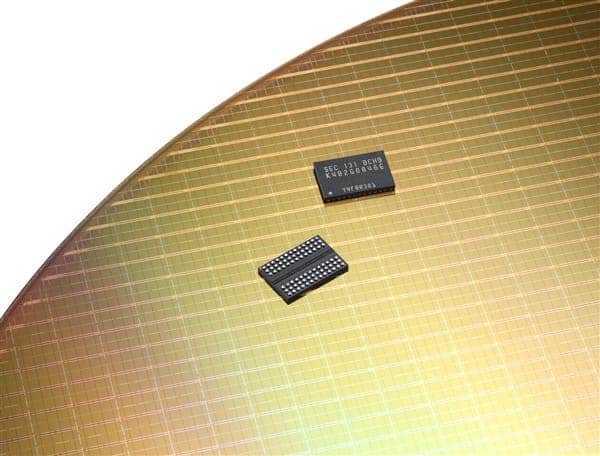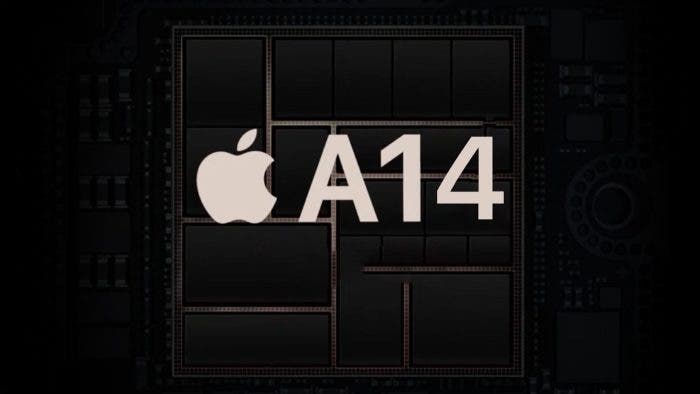During yesterday’s presentation of Apple products, the debut of not only the new Apple Watch Series 6 smartwatch with the iPad 8 and iPad Air tablets took place. But also the newest Apple A14 Bionic chipset, which was not emphasized enough. This is because despite its transition to a 5nm process technology, which in theory should positively affect computing power while reducing power consumption and heating, the A14 Bionic cannot be called a qualitative transition to a new level of performance.

Even Apple itself modestly compares it not with last year’s A13, but with the year before A12, in comparison with which the new product added 30% in operating speed. And the thing is that, according to simple calculations, the A14 chipset became only 16% faster than the A13 in terms of computing power in terms of CPU (central processing unit) and 8.3% in terms of GPU (graphics processing unit).
And such a small increase may cause a unique event. The future flagship 5-nm Snapdragon 875 SoC, which is expected to debut this winter, has every chance not only to catch up with previously unattainable Apple chips for Qualcomm, but also to outstrip them for the first time in its history. Do you think the Android flagships will be able to outperform the top iPhones in performance? Write us in the comments!
Samsung Increases Its 5nm Production Capacity Not To Lose Orders Of Snapdragon 875
It is expected that Samsung will upgrade its 5nm process in order not to lose major customers like Qualcomm. The new production capacity of this process will be released by the end of this year.
The report also mentioned that Samsung’s 5nm orders mainly include Qualcomm Snapdragon 875 processor, Snapdragon X60 modem, and Samsung Exynos 1000 chip.
Prior to this, there was news that Samsung’s 5nm process had problems. So there was every reason to think, for insurance purposes, Qualcomm would transfer the corresponding processor orders to TSMC.

Snapdragon 875 specs
The news at the time showed that Qualcomm had asked TSMC for emergency assistance last month, hoping that the latter would be able to manufacture X60 basebands and Snapdragon 875G processors because of some problems with Samsung’s 5nm process. According to Qualcomm’s previous plan, the preliminary orders for the Snapdragon 875G are mainly to Samsung. But now, it turns out some will be transferred to TSMC in the future.
This is not the first time such news has come out. But at present TSMC’s 5nm production capacity is very saturated. As you understand, it’s mainly done by the Apple A14 processor and Huawei’s new Kirin chip.
Previously, DigiTimes reported that Samsung’s latest 5nm EUV process has encountered trouble again. Also, it said the yield rate is not up to standard. It will affect the normal launch of Qualcomm Snapdragon 875G and Snapdragon 735G.
The Snapdragon 875 may introduce the combination of the Cortex-X1 super core and the Cortex-A78 core for the first time. The newly designed X1 core has 30% and 23% higher energy efficiency than A77 and A78 respectively. Snd its machine learning ability is also higher than that of the A78. It is expected to integrate the 5G baseband on Qualcomm’s flagship platform for the first time, saying goodbye to plug-ins.





